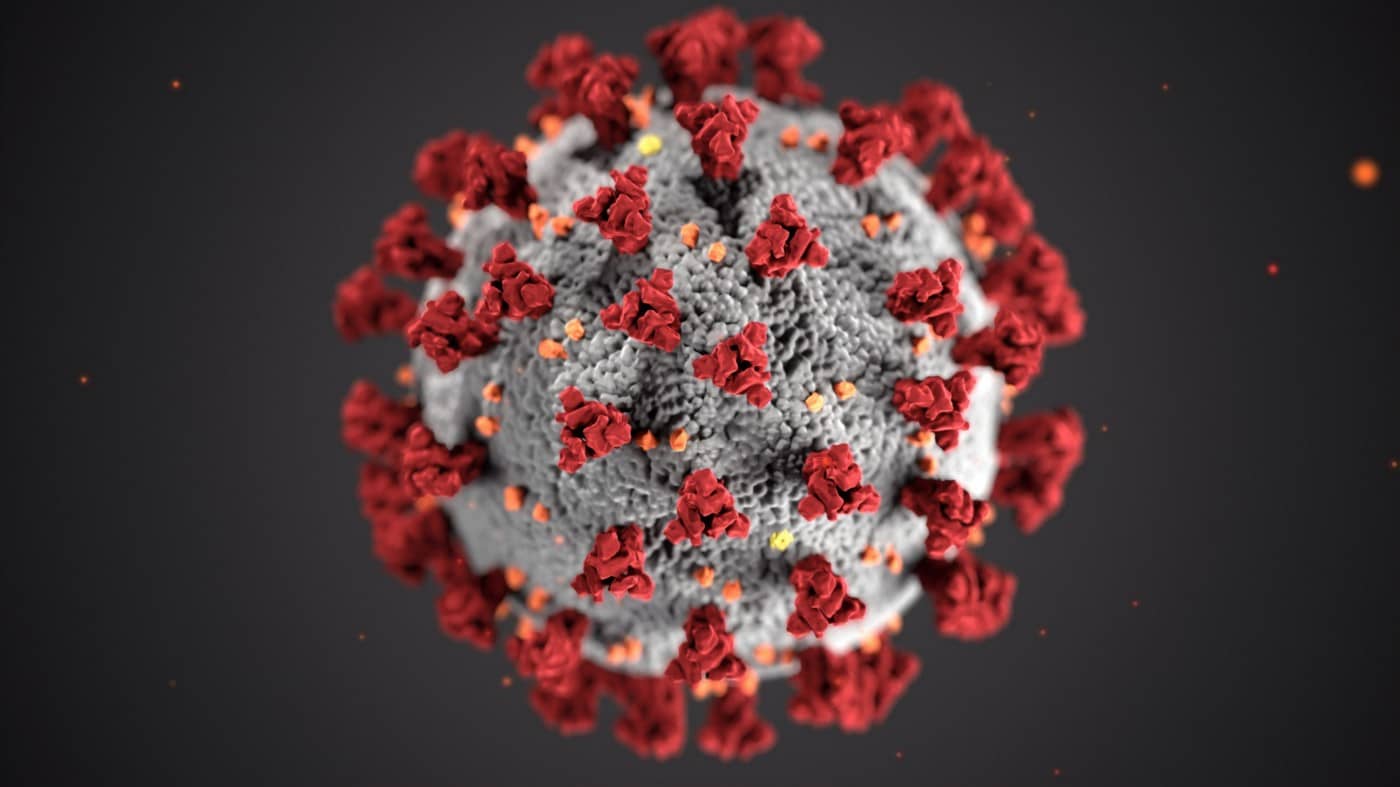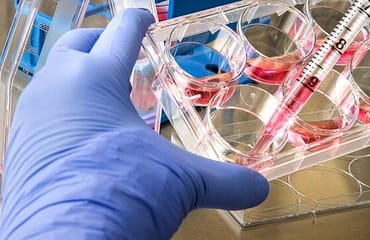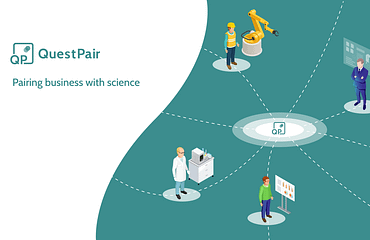In a world where communities are becoming increasingly interconnected socially and economically, there is an ongoing demand for organisations and businesses to exchange scientific expertise, data, materials and equipment. Companies around the world benefit from skills available in other regions and countries. Scientific expertise and engineering know-how are essential to develop new products, make companies more sustainable and improve manufacturing methods. However, many organisations experience difficulties in finding the scientific services or goods they require.
This is particularly apparent in times of crisis.
The sudden spread of COVID-19 infections around the world has made it profoundly visible how important it is for organisations, scientists, and medical experts to collaborate on a global scale. As the disease was spreading rapidly around the globe, it created an urgent need for effective exchange of research and clinical expertise and data on how to combat the virus. This includes data on infection rates for different countries and tracking of pathogen evolution, or experiences with different treatment methodologies used and tried around the world. Amongst scientific communities, new initiatives emerge to work together on solutions.
The crisis has also spurred a shortage of specialist equipment around the world, ranging from advanced medical equipment and ventilators to basic protective equipment such as face masks, gloves, and materials as essential as hand sanitisers and soap. To increase supply, manufacturing companies around the world help to ramp up production, even when it is not at all their core business model to produce medical supplies. Engineers are sharing blueprints to make ventilators, and technologies such as 3D printing are used to fill the gaps and provide critical parts. Meanwhile, there is an abundance of funding calls for research projects with the goal to create a working vaccine or develop drugs, strategies, and measures that are effective in combating the virus and dealing with the crisis.
We are still quite early in this pandemic, and many lessons are yet to be learned. What is clear already is that challenges increasingly need to be addressed on a global scale by governments, businesses and scientific experts working together. Initiatives to remove existing barriers can help to win this battle and the many to come.
Photo by CDC





